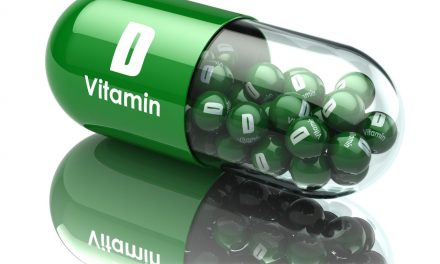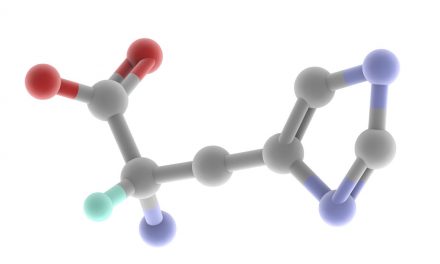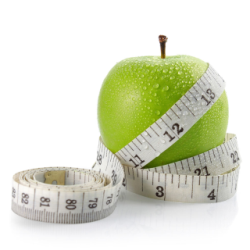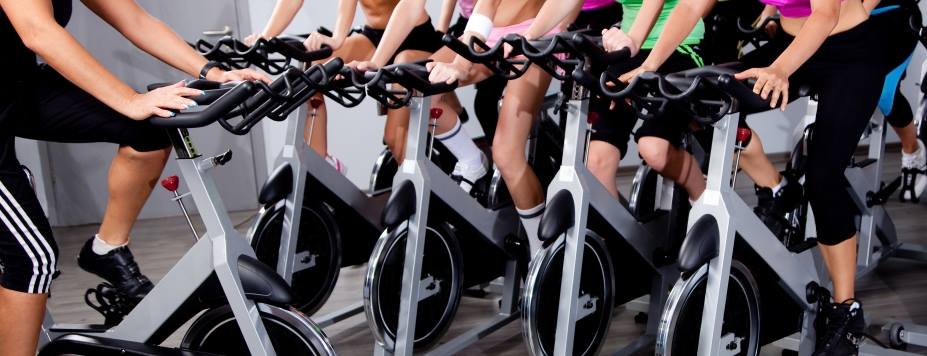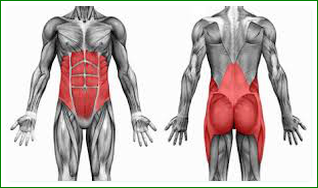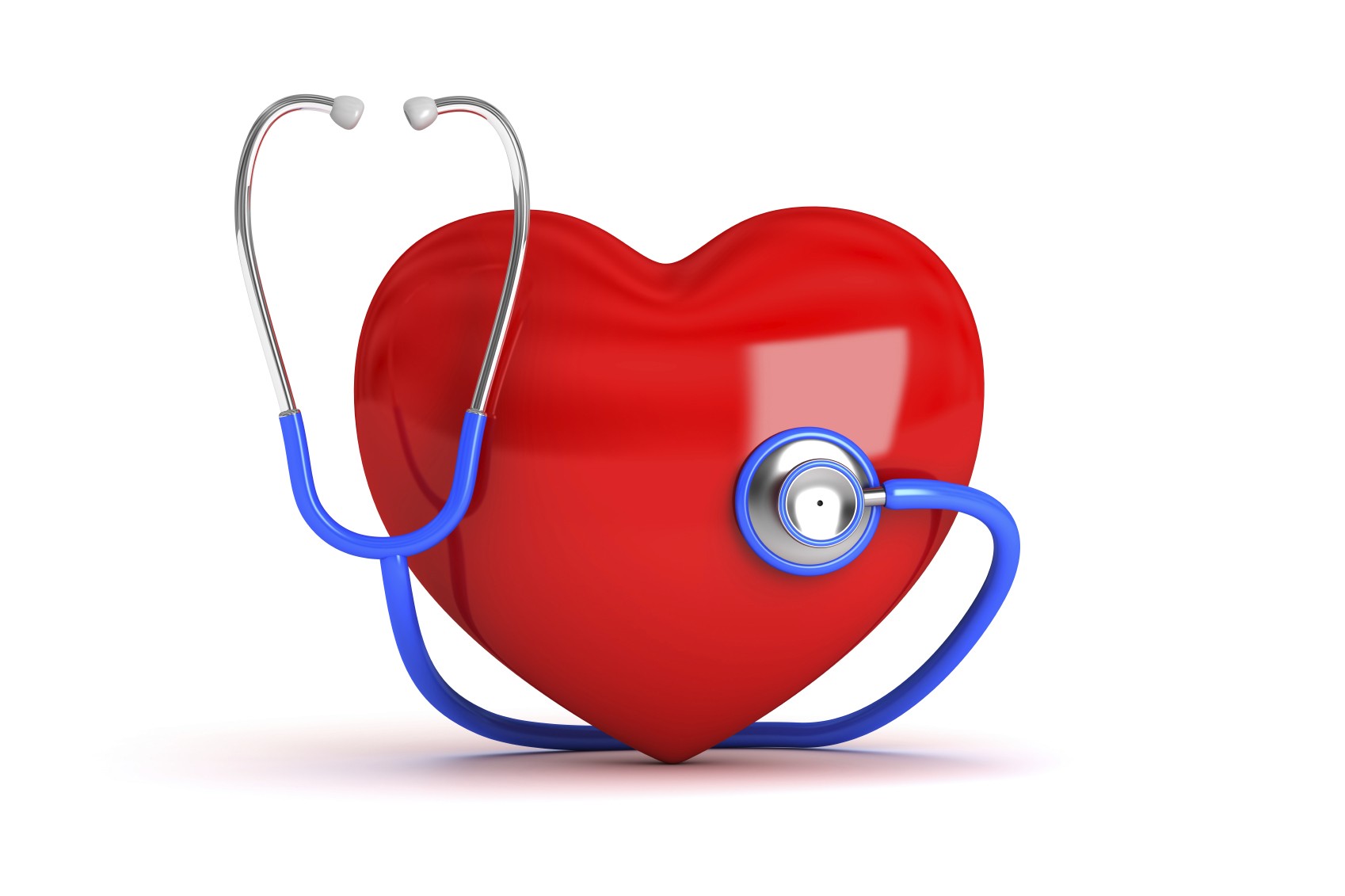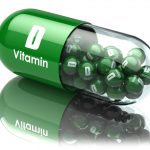Cortisol, known more formally as hydrocortisone, is a steroid hormone, more specifically a glucocorticoid, produced by the adrenal cortex. It is released in response to stress and a low level of blood glucocorticoids. Its primary functions are to increase blood sugar through gluconeogenesis; suppress the immune system; and aid in fat, protein and carbohydrate metabolism.
Cortisol if often referred to as the “Stress Hormone” as although it is produced naturally throughout the day it is released in greater amounts as a response to stress. Cortisol is produced and released by the body in varied levels throughout the day. Cortisol levels are generally higher in the mornings and lower at night time as the amount of Cortisol released drops throughout the day unless of course the body releases more Cortisol as a reaction to Stress.
CORTISOL BENEFITS
Some of the benefits from this hormone include increasing short term memory and helping the liver to remove toxins from the body. The immune system works with the hormone to regulate the blood sugar levels with the body.
CORTISOL DISADVANTAGES
Disadvantages include raised blood pressure and lower bone density. This will not be an issue with normal amounts of Cortisol production. It is only when higher amounts of Cortisol are produced by the body usually in relation to stress that these factors become an issue.
We all know that testosterone helps us to build muscle, well Cortisol does the opposite: it is a catabolic hormone that reduces protein synthesis and prevents tissue growth. After about 1 hour of training testosterone levels begin to drop and Cortisol levels begin to rise.
FAT BURNING
Too much cardiovascular exercise will cause Cortisol levels to increase and as we know Cortisol will eat away at your muscle fibres and reverse the effects of your training.
There is a difference between losing weight and losing fat. If it would be true that cardio just burns fat then you could just get on your bike and cycle all day every day. But it’s not that easy: overtraining causes the body to use your muscle tissue for energy, reversing the effects of your training.
HOW TO COUNTER ITS EFFECTS
- Any cardio training should be combined with a balanced diet. So try to eat at least 5-6 small meals each day as it has been found that eating more frequently helps to control Cortisol levels keeping them lower than if you were eating larger meals less frequently;
- Stress can also causes cortisol levels to rise, so chill out and relax to help reduce your stress levels;
- Muscle grows when you’re resting: try to sleep 8 hours. Cortisol levels are at a low level and growth hormones are at a high level when you’re;
- Limit your caffeine intake;
- Weight training must last less than one hour;
- Cardio training must last less than 45 minutes;
- Cool down after your workout with proper stretching.
- Consuming protein and carbohydrates before and after your workouts reduces significantly the effects of cortisol.
*****
